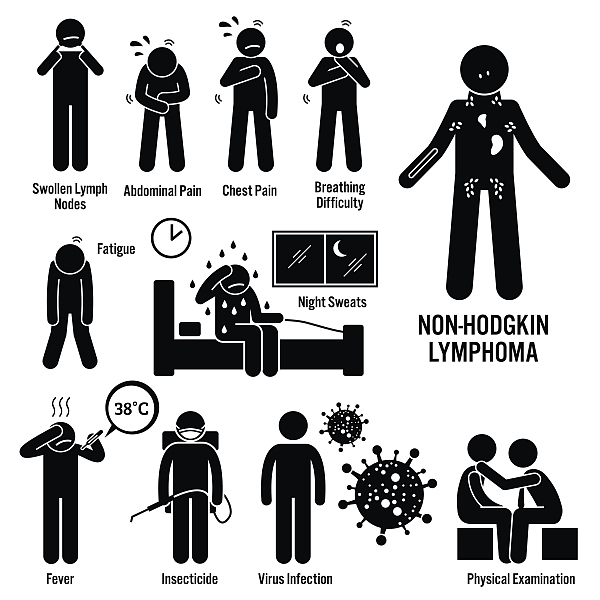As the new coronavirus (COVID-19) outbreak continues to spread in China, the number of recovered patients is also experiencing an upward trend.
According to the data published by China's National Health Commission, 22,936 patients have recovered from COVID-19, accounting for 30 percent of the total confirmed cases.
It's reported that scientists around the world are racing against the clock to find a treatment. But the fact is there are still no tailored drugs or vaccines available for patients.
If there's no specific drug for the disease, how did patients recover from the coronavirus disease? Before we find out the truth, let's take a close look at how the cunning virus infects human bodies.

Late effects of lymphoma treatment /VCG
Late effects of lymphoma treatment /VCG
According to Chinese scientists, the flu-like COVID-19 is also a respiratory disease, which starts and ends in patients' lungs. In the early days of an infection, the virus rapidly invades human lung cells. Then the immune cells in our body will flood to the lungs to clear away the damage.
But the coronavirus is too crafty to be wiped out. Sometimes, the healthy tissues in lungs will suffer from knock-on effects, which leads to further damage.That's why some critically or severely ill patients have died from respiratory failure.
Meanwhile, the immune system in our body will be equally impaired along the process, resulting in other complications and multiple organ failures among some patients.
According to Peng Zhiyong, director at Zhongnan Hospital of Wuhan University, the treatment they gave to severe patients is just to help relieve symptoms.
"Specifically speaking, for patients who have shortness of breath, we offer them oxygen. For those who have kidney failure, we treat them with dialysis to keep their body in balance. When patients suffer from cardiac arrest, we recuse them with ECMO (a machine that can replace the function of the heart and lungs),” Peng explained.
"We help them to maintain body functions, but most recovered patients rely on their own immunity to wipe out the virus," he added.
Related Stories:
Answer Bank: Why use forehead thermometers for temp check amid outbreak?
Answer Bank: Guide to using masks for prevention against novel coronavirus
Answer Bank: Will the new coronavirus co-exist with humans for a long time?